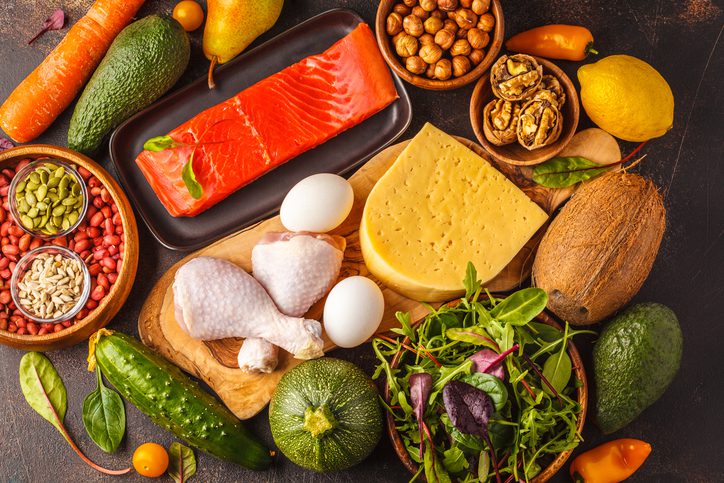Glutamine and its affect on athletic performance

What is glutamine?
Glutamine is a non-essential amino acid that helps your immune system and intestinal organs function.

The release of glutamine
When stress occurs to the body, the liver and skeletal muscles release glutamine to maintain immune function. Examples of stress are burns, physical trauma, starvation, intense physical activity and prolonged exercise (marathons, triathlons and other ultra-endurance events).
Overtraining
In the case of overtraining, the body can become depleted of glutamine – suppressing the immune system. This increases the risk of illness in endurance athletes.

Sources of glutamine
Glutamine can be found in your diet and is most prevalent in animal sources, such as beef, pork, eggs, chicken, milk products and fish. In plant-based foods, high levels of glutamine are found cabbage and beets. Other sources include beans, barley and nuts.
Related: Three supplements to help maintain health
Why athletes supplement their diet with glutamine
The reason why athletes supplement their diet with glutamine is to avoid illness and muscles breakdown (extreme levels of training). Within the scientific literature, numerous studies show that endurance athletes who supplement their diet with glutamine decrease their risk of illness.

The roundup
With a balanced diet of greens and protein, most athletes do not need to take a glutamine supplement. However, if your training load is abnormally high and your diet is unable to meet your needs, then supplementation may be beneficial.
